
Written by Dana Feit, Akaa Project leader, volunteer and educational motivator
I believe that educators are bridges between opportunities and disadvantages. Students’ ability levels vary, as well as their backgrounds. Some seem to have larger obstacles to overcome through education and therefore, educators have to work that much harder to help their students succeed. Students may not have the same economic or educational opportunities as other students their age. Educators must push their students further, work past boundaries, and create opportunities for their students that may not have been available without the educator’s influence.
All my life I’ve known I wanted to be a teacher. When I was growing up, I would set my dolls and stuffed animals in rows and make up worksheets for them to do. Of course, their lack of thumbs and cognitive processes led me to fill out the worksheets for them (so they wouldn’t fail my class, of course). I took multiple education classes in college and plan to receive my Master’s of Education next fall.
I recently began a job as a full-time tutor at an inner city charter school in Roxbury, Massachusetts. Yes, I have moved on my from stuffed animals and now give worksheets to living, breathing human beings who have the ability (for the most part) to write down words and numbers where I want them to! The students who attend the charter school in Roxbury are very similar to the students I worked with in Ghana.
I’ve traveled to Akaa twice now, and plan to hopefully go back this spring. Both times in the village, I was overwhelmed with the students’ willingness to ignore their surroundings and focus on their schoolwork. The village is impoverished, yes, and students wear uniforms that are often dirty and shoes that are torn. Their school is a brick structure with a tin roof and open walls, although each year the walls are built up a little more thanks to generous donations and volunteer work. Most students do not have lunch (except for the occasion cracker or sponsored lunch days) and they don’t have a playground to climb on during recess.
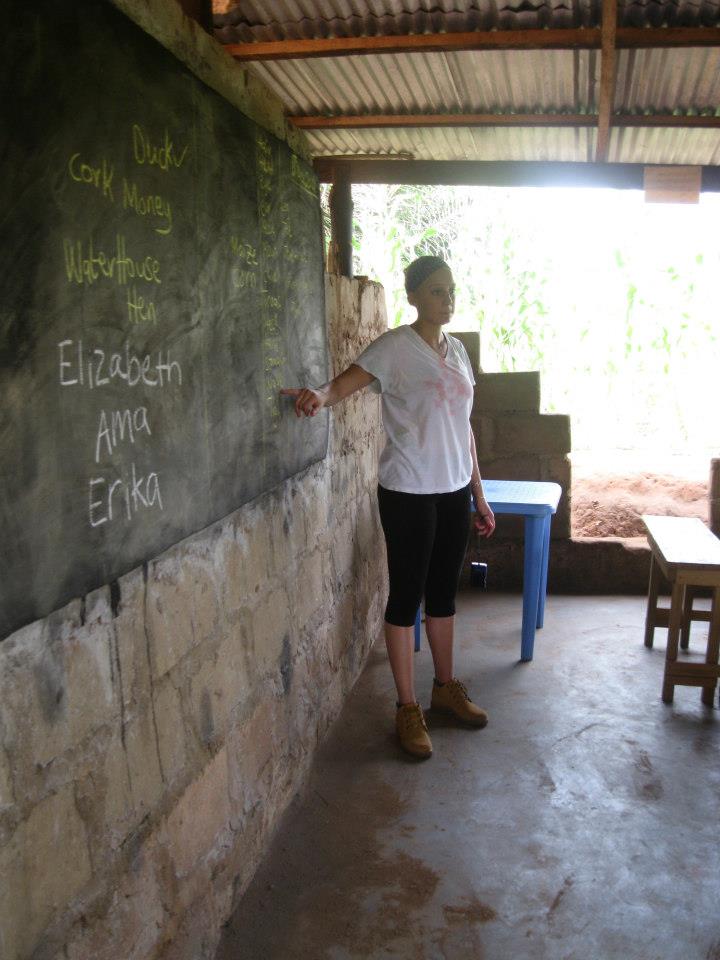
However, when the students are in their classrooms, they block out their world and focus on their academics. They grit their teeth, stick their tongues out, and grip their pencils with such concentration and focus you wonder if they hear your instructions at all. The work they produce is incredible. While not always academically advanced, their work is thoughtful and they are proud. They grasp on to the fact that they are in school. They are getting an education, a blessing not previously available to villagers, and they realize the value of what they are doing.
My students in Roxbury face the same struggles as the students in the Asiafo Amanfro Community School. The neighborhood around the school is riddled with violence, drugs, and gangs. These students come in to the school building knowing too much about the struggles of an impoverished world, having seen way too much gun violence, and without support structures such as parents or family figures. However, when my students enter the school, their demeanor changes. They focus intensely on their schoolwork and their ultimate goal of attending a rigorous high school: college and opportunity. Their drive and perseverance parallels the students at Asiafo Amanfro exactly.
By providing an education for the students in Roxbury as well as in Ghana, I have given them the means to be independent human beings and create a life for themselves. The Akaa Project’s education initiatives level the scales for the students in the Akaa community. This is social justice: the ability to choose and the opportunity to have a future.
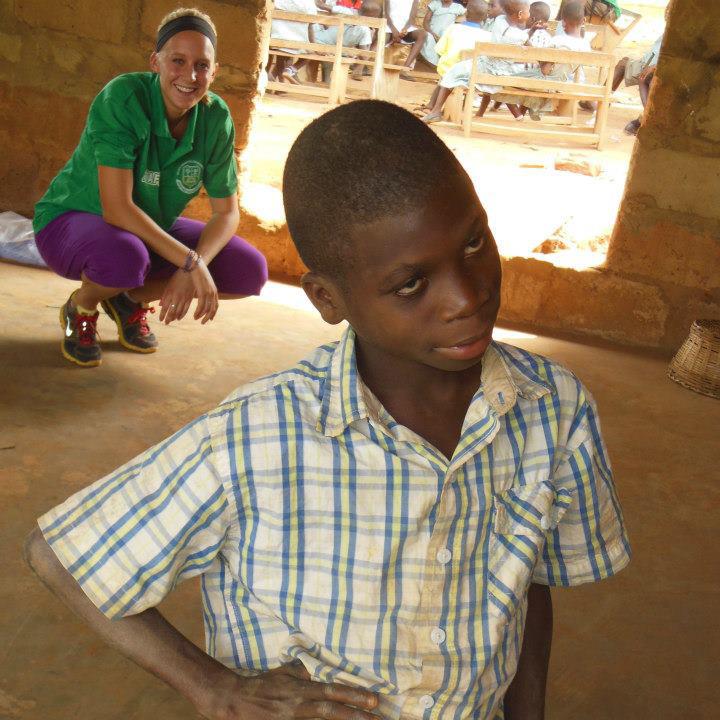
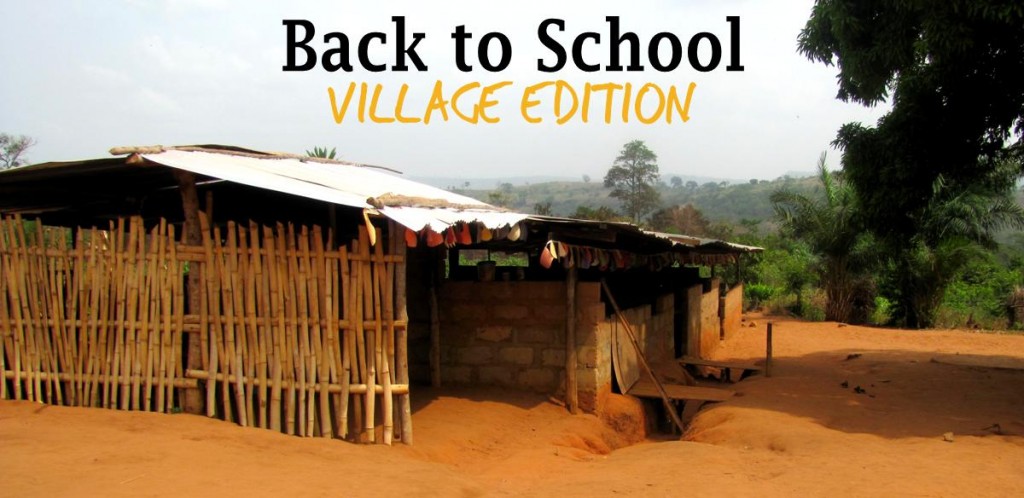

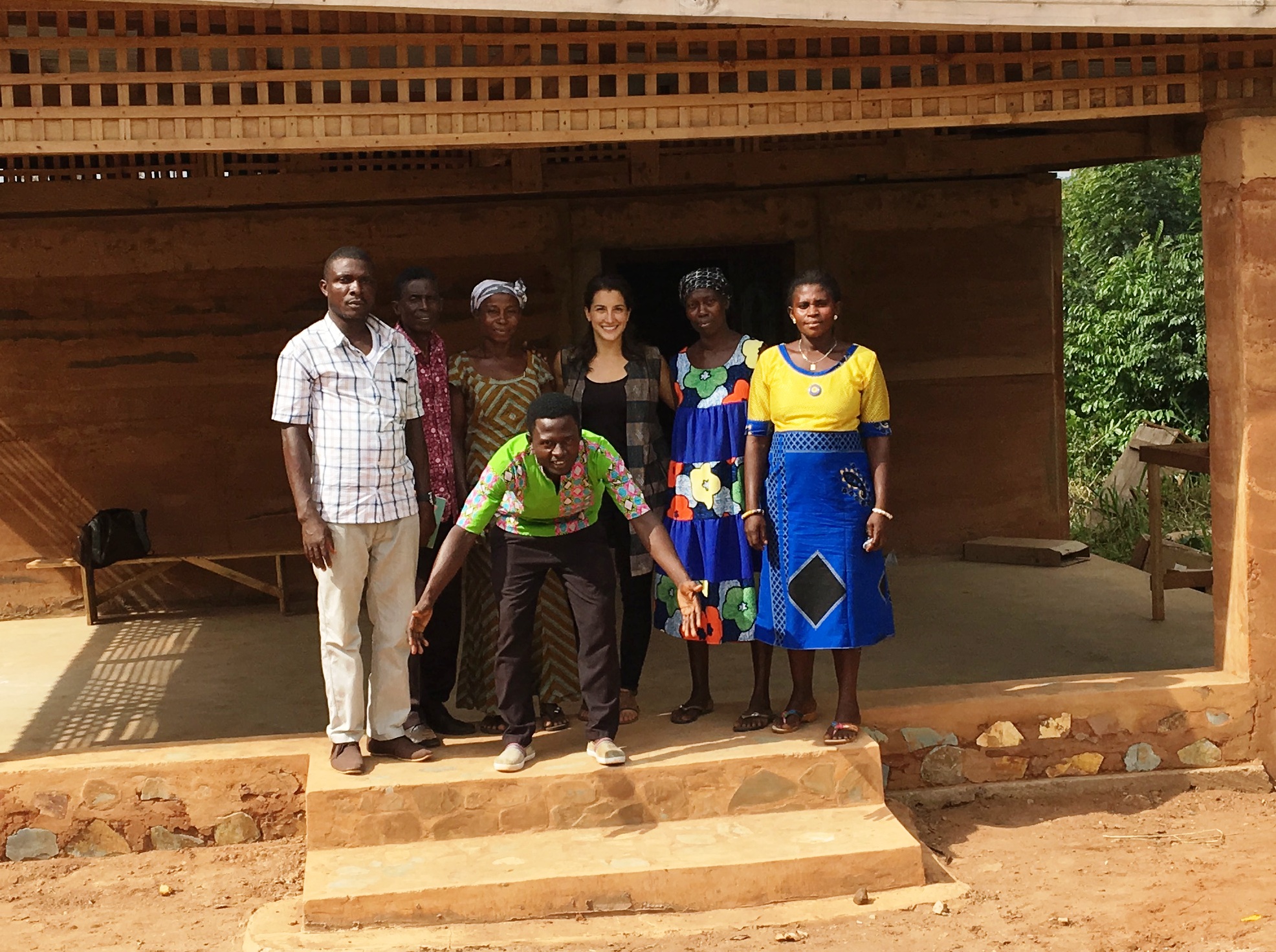




Off